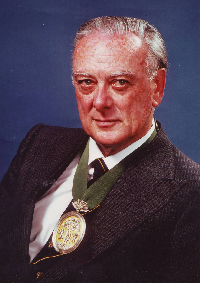Connect
Advertisement
Gordon Kerridge AM, MB BS, FRCS, FRACS, FACS, FACRM, MD (Honoris Causa)
Med J Aust 2010; 193 (10): 615. || doi: 10.5694/j.1326-5377.2010.tb04074.x
Published online: 15 November 2010
Published online: 15 November 2010
Advertisement





